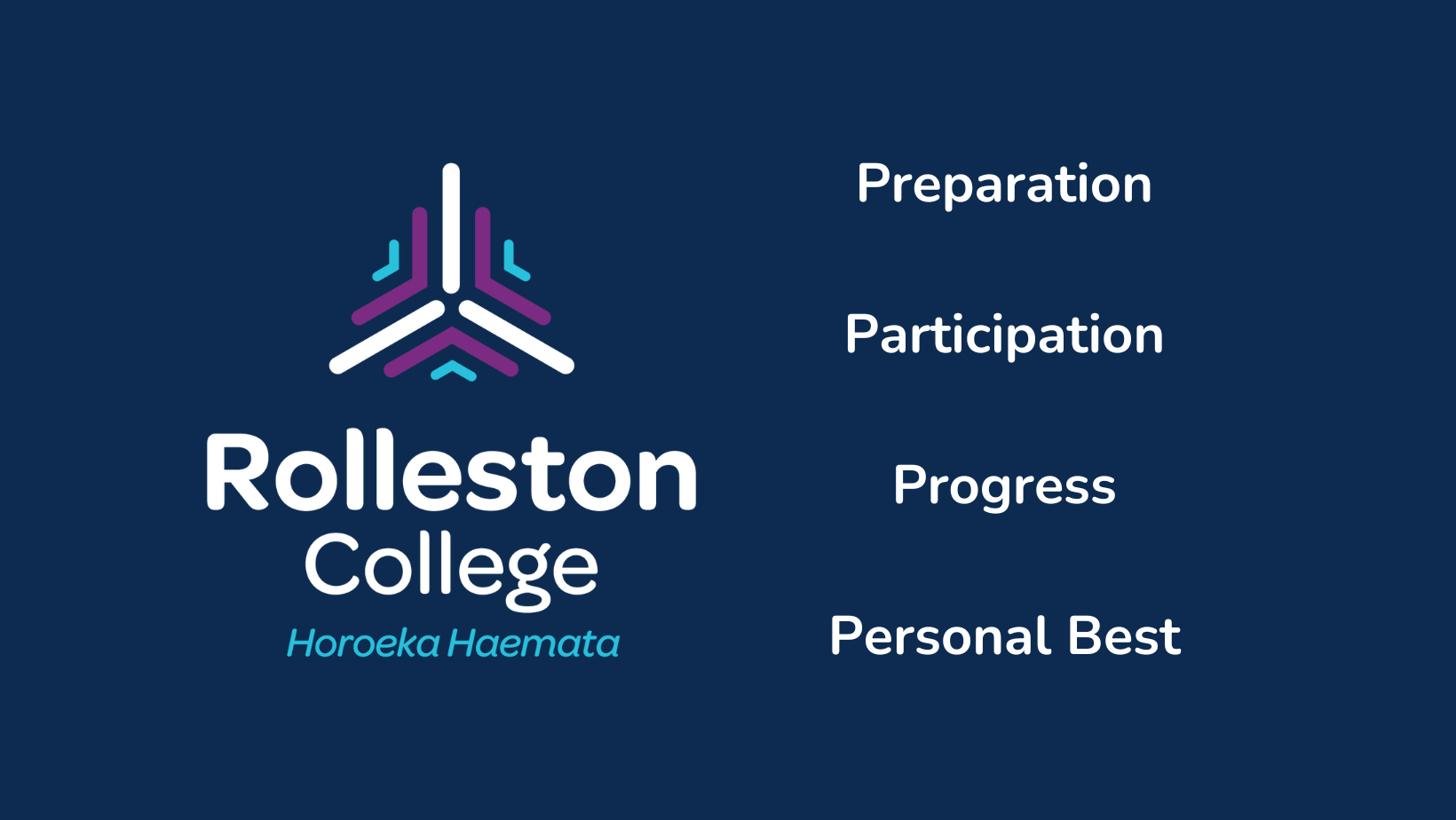
Ready to Achieve: How to succeed with your exam revision

Term four has arrived and our senior learners are in full swing heading into the final NCEA exams.
If learners PREPARE themselves for success, then that is what they will achieve! On the day, reaching their NCEA goals will come down to their PREPARATION, PARTICIPATION and of course, the exam paper. However, what happens for that short period of time on a summer’s day in the examinations will be affected by every single thing that learners do between now and then. It will be affected by:
What they do
What they read
What they think
What they feel
What they eat
How they rest
How they exercise
What they prioritise
What they study and remember.

They CAN succeed.
There is no "correct way" to revise BUT, every learner should be revising. Their study plan should be up and running. Some possible revision techniques could be:
Rewriting notes: this could be into a 1B5 book, using colour/highlighting. Reorganising class notes into a ‘revision book’ ensures that learners are engaging with the material, writing it out in a way that makes sense to them. Research shows that this encourages neural pathways in the brain and helps to take information from short term memory to long term memory.
Creating a poster/mind map: a mind map/poster can be used straight away, or as a ‘next step’ following the revision of notes into a book. Research shows that using colour can help us remember better. Creating your own poster, deciding what to put on it, where to put it and what colour to use for each piece of information will strengthen the neural pathways, again helping to commit information to long term memory. Putting the poster in a memorable place in your house can also help - hallway, bathroom, or the frequently visited pantry/fridge!
Mnemonics/acronyms: making up a catchphrase or rhyme can help with crucial bits of information e.g., to help sort out which is the x and which is the y axis on a graph, remember ‘x below y because y goes up high’. It may be corny but they won’t forget it!
A mnemonic is a word or abbreviation that helps you to remember. An acronym is a word made up using the first letters of a series of other words. For example, to remember all of the aspects of creating a map in geography:
F - frame
A - arrow
C - colour
K - key
T - title
S - scalePost-its: research shows us that when our brain is storing information our eyes are often angled upwards to the right or to the left (depending on how our brain is set up). Post-its can be a big help in remembering important information. Learners could try making some brightly coloured signs or even writing down key words that they want to remember and put them up in their room/around the house at home? Maybe around a mirror to look at when cleaning their teeth!
Study buddy—sharing learning: one of the most effective ways to learn is to teach someone else. When a learner feels that they have a decent grasp of the information they are trying to remember, it makes sense to tell someone else what they know. Learners could give their notebook, study cards, posters to a parent, sibling, friend and be tested on what they have been learning.
Practise past papers: Getting a feel for how the exam papers are set out and the different ways the same question can be asked is an important part of a learners preparation. They have a good understanding of this from their derived grade exam. Learners can get practice questions from their teachers, revision books and from the NZQA website.
In previous Lancewood articles, we have discussed the importance of having a designated study space and creating a study timetable.
The four P's for NCEA success (week four)
Try hard: it's a good thing! (week three)
Top tips for senior exams (week two)
Our special academic edition is also a great source of information about achieving NCEA, scholarships, and exam preparation.
Study planner
Planning out your week and including time for relaxation is important. Start with all of the ‘known’ items and then add in your study times. Sharing the plan with whānau can help learners stick to it.
Click on the image below to print a study planner for learners—hard copy works best!
Don’t forget our key messages:
PREPARATION (Little and often)
‘Try hard’ by ensuring you have updated your study timetable and are sticking to it! Share your study timetable with family so they can support you to stick to it. Studying from NOW is key (yes, including a little bit in the holidays)!
PARTICIPATION (Show up. Try hard)
‘Try hard’ by turning up to tutorials and being on time to all of your classes. Practice past papers and complete tasks set by your teacher.
PROGRESS (Act on feedback)
'Try hard’ by taking on board the feedback your teachers give you in class and in your derived grade report.
PERSONAL BEST (Surround yourself with success)
‘Try hard’ to reach your goals! These exams are taking you one step closer to your future career!

Looking for the end of year examination timetable? Check it out here. It's also linked from our homepage.


Address
631 Springston Rolleston Road
Rolleston, New Zealand, 7614
Transforming our world – Takahurihia te ao
Self. Community. Future.
